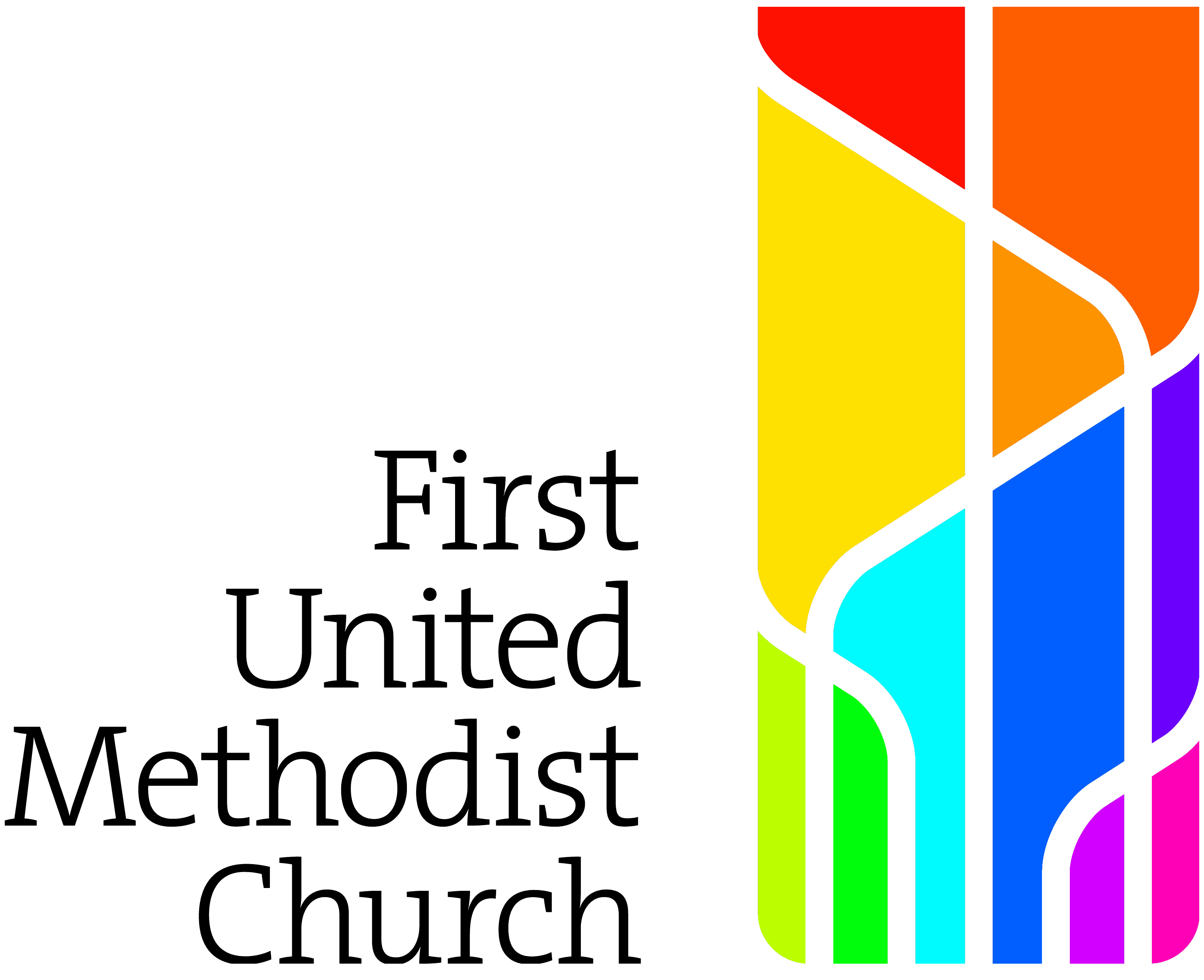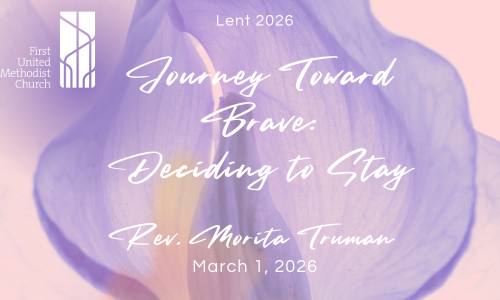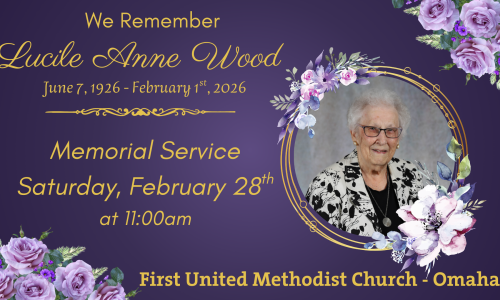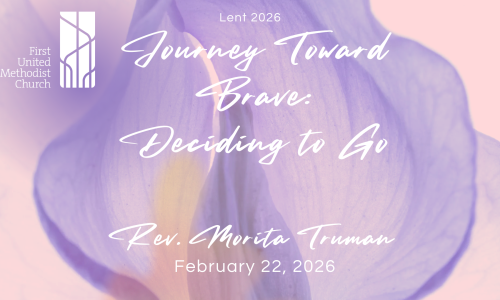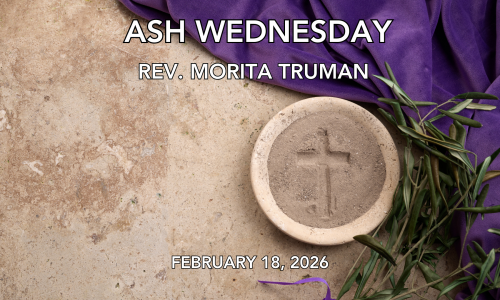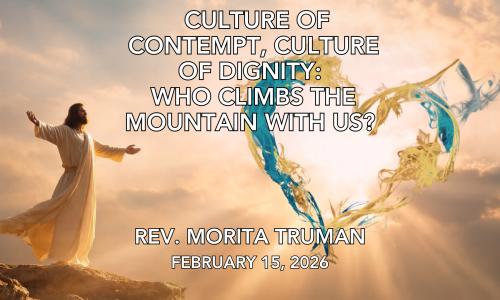Please click “more” for sermon text.
WISDOM READINGS:
Islam. Hadith of Bukhari
According to Anas ibn Malik, the Prophet said, “Help your brother whether he is oppressor or oppressed.” Anas replied to him, “O Messenger of God, a man who is oppressed I am read to help, but how does one help and oppressor?” “By hindering him doing wrong,” he said.
Matthew 18: 15-20
If another member of the church sins against you, go and point out the fault when the two of you are alone. If the member listens to you, you have regained that one. But if you are not listened to, take one or two along with you, so that every word may be confirmed by the evidence of two or three witnesses. If the member refuses to listen to them, tell it to the church; and if the offender refuses to listen to the church, let such a one be to you as a Gentile and a tax collector. Truly I tell you, whatever you bind on earth will be bound in heaven, and whatever you loose on earth will be loosed in heaven. Again, truly I tell you, if two of you agree on earth about anything you ask, it will be done for you by my Father in heaven. For where two or three are gathered in my name I am there among them.
Prayer
Gracious and loving God may the words of my mouth and the meditations of all our hearts be acceptable and pleasing to you. Amen
Message – “Gathered in (Dis)Unity”
Many of us have heard the phrase, “Wherever two or three are gathered in Christ’s name Christ is present.” I usually think of this scripture as how we define worship or a Bible Study. I know I used it a lot in my campus ministry days, reassuring myself it was okay if just a few people showed up to an event. For me I used it as justification that it was less about the number of people, but more about the experience. And in the time of COVID-19, we might apply this scripture with proper social distancing guidelines, fully masked, or using virtual communication, to gather with each other. That even if we’re using Zoom or Facebook Live to connect with others, God is still present. This service right now is a true example of being gathered in Christ.
However, I find it interesting what Jesus discusses before this common phrase. It is not about how the alter should look when worshiping, or what songs need to be played in the service, or what version of the Lord’s prayer someone will say. Jesus discusses how to address conflict and difference within the church. Which leads me to ask the question, why does this proceed this verse? I think it points less to how we discuss worship, and more about how we in the church respond to the ever-present reality of difference and conflict.
The scripture mentions how to respond when a member of the church, or a more correct translation would be a sibling, sins against you, you are to address them. It is important to understand what this phrase “sin against” means. I think sometimes the word sin gets thrown around in Christian circles without any discussion of the word. And then in other places we refused to say the word sin because it sounds dirty and is not something we wish to fully discuss. However, this morning, I am going to use that word Sin, and try to define it as early Christians might.
In order to do so, we must discard all notions of individualism. Individualism is so engrained into the United States culture, it causes many people to view Christians as personal things such as swearing or not praying enough: people working to maintain a higher moral code. However, these individual actions could be sinful, however not for the effect they have on ourselves or on the state of our soul, but rather their effect on our relationships with others. Early Christians understood sin as the breaking of the covenantal relationship we share with our community and with God. The Ten Commandments are a good example of how one is to live in community with others. Those rules or guidelines were there to protect our neighbors and to protect our relationship with God. Anything which prevents us from having an authentic relationship with God or our community, is then sinful.
Unfortunately, we live in a divided world, one divided by party lines, by the neighborhoods we live in, by the country we are from. We live in a world, where creating authentic real relationships with others is often challenged, and it leads to conflict. Even in the simplest forms we find differing opinions and thoughts. For example, as a true Nebraskan I firmly believe chili should be enjoyed with a cinnamon roll on the side but ask some of my friends in Chicago and they would disagree, supporting cornbread with their chili. While this conflict has not led to me no longer talking to my friends, it could easily become the thing that separates us. Especially when conflict arises which harms someone, such as through hate speech or by anger and frustration. These disagreements can lead to the loss of friendships, the loss of the relationship, and show how easy it can be to sin against one’s brother. To fall into the disagreement. And so, Jesus advices his disciples on how to address such disagreement, especially when the relationship has been fractured.
Jesus advices to go and seek out the person in private and tell them about how the community has been hurt by their actions. Jesus is showing us how to respond to those whom we have established relationships with, our friends, our family. The reason for going in private, is to not add public shame to the person. If there was wrongdoing, it is not about shaming them into apologizing or ruining their reputation. This was important for the time of Jesus, for the society was based on honor and shame. If one did something wrong, they’d be shamed and excommunicated. They would lose all their honor. Often times, when wrongdoing occurred, there would be punitive action taken in the community. Just think of the stoning of many men and women, or even the way in which Jesus himself was crucified. For example, Jesus’ crucifixion took plays outside the city walls of Jerusalem. A clear reminder to all who watched, “You do not belong here.” The person was to be moved away from the community, pushing them to the margins.
Yet Jesus rebukes this understanding of justice, instead moving toward a more restorative view. One in which the person is sought out and in which there is the opportunity for the relationship which bound people to be restored, instead of severed. For he encourages the disciples, to go their sibling and talk to them. And if they do not respond to you or do not listen in the conflict, then one can view them as a tax collector or Gentile. Then they can stop trying. However, I think even Jesus’ words to see them as an outsider still push the disciples to further relationship, he is pushing them beyond the cultural understandings of conflict resolution into something more hopeful.
If anything, we should not see Jesus’ statement about the tax collectors or Gentiles as a form of exclusion, but rather one of inclusion. For Jesus sat with the tax collectors, the Gentiles, the prostitutes, the Pharisees. Jesus saw them as part of his family, even if they might disagree on the customs or views of early Christians. He saw their differences and embraced them. Jesus was showing how even in these differences, we can still be a part of the community of faith.
And I think we need to remember how important differences can be. We each bring different gifts to the table, different experiences. I am grateful for Mark and Marie for their gifts of music. If you asked me to play the organ or piano, y’all would not want to join in worship because the music would be dreadful. But those differences in our gifts and our abilities, bring about a more fruitful experience. Through our differences, we experience a more robust world.
And in this, Jesus is saying “even in those differences, you are to be the family of God. It is not to turn towards exclusion, but to turn toward inclusion, the inclusion of all people regardless of race, age, gender identity, sexual orientation, country of origin, regardless of their views on chili and cinnamon roll or chili and cornbread.
When we use those differences as fuel for hatred and exploitation, we have not shown the body of Christ. But when we recognize our differences, when we recognize that conflict will continue to exist and we allow ourselves to gather, even when we feel disunified, we show the hope of the kin-dom of God. And I will say, Jesus’ advice to gather in disunity, when there is pain and hatred, is not an easy one at all. It is not an easy task to seek out reconciliation and the rebinding of the broken relationship.
I want to share one story of such hope, of gathering in disunity. Elias Chacour, or Abuna as he is called, is a priest serving in Israel-Palestine. In Abuna’s book We Belong to the Land, he recounts his experiences serving at a church in Palestine. The conflict in Israel-Palestine, over who the land belongs to has left many families and communities divided. Some choosing to side with the Israeli military, others with the Palestinians. Others remaining silent. At his first church in ministry, Abuna witnessed the division firsthand as the members refused to talk to others in their church and in their community because of their stance and views. There was clear pain and frustration, however as a young priest Abuna devised a way to ensure the members of the church would be gathered and confronted by their disunity. On Palm Sunday, after the congregation shared in their worship, Abuna went to the back of the church before people could leave and locked the doors.[i] He then gave them this message, “The only other way you will get out of here is to make peace among yourselves by being reconciled to those whom you have hurt and who have hurt you.” What a bold demand. Abuna was asking the church to be gathered in their disunity, to sit in this unrest, and to acknowledge that there was pain. They were truly gathered in need of reconciliation.
The church sat in silence for nearly ten minutes, as people wondered what would happen? Would someone step up and respond to Abuna’s request to solve their difference? Then one of the members, a police officer, stood up, and asked for forgiveness of his sins and the sins of the community. In that moment Abuna and the members celebrated, by hugging one another and coming together. Abuna called the moment, the church’s resurrection. They had the choice to continue to live and act in resentment towards one another, however through this they began to acknowledge there was difference in the church, there was pain, and there was frustration. Having to live into that disunity is challenging, but by acknowledging their difference, by making it about the community, Abuna’s church moved forward and became a place where people could be in relationship with each other, even with their differences.
No matter what, we will always have differences. There will always be differences of opinions in our world. There will be times when we disagree with the person sitting next to us, the people We are supposed to be a part of the same family. While Abuna gathered his church that Palm Sunday, it was the reminder that when we gather, we do so in disunity, we do not always see eye to eye. These differences then lead to conflict and frustration; however, we have the chance to respond with grace and continue to gather. We continue to be the church, the body of Christ by gathering in our disunity, by acknowledging we don’t all get along. We can’t all join hands and sing Kumbia, making it all better. However, we can continue to do the hard work of reconciling our community continue to work together, to speak with our siblings, our family to move in the way of reconciliation.
Jesus knew how isolating and how problematic conflict and differences can be, but I think Jesus also knew how we can make those differences part of our flourishing. We are each made in God’s unique image. So, we might be gathered in disunity, with different opinions and views, but may we see that in those differences, in those conflicts, we have the opportunity to come together and show the radical grace of God. One that shows even in our difference we are united by love.
God of difference and creativity, bind us together. Remind us of how your love goes beyond our own individual understanding. Reconcile our relationships so we can be people of light and love and grace. Amen.
[i] Elias Chacour, We Belong to the Land (Notre Dame: University of Notre Dame Press, 2001) 31-32.
